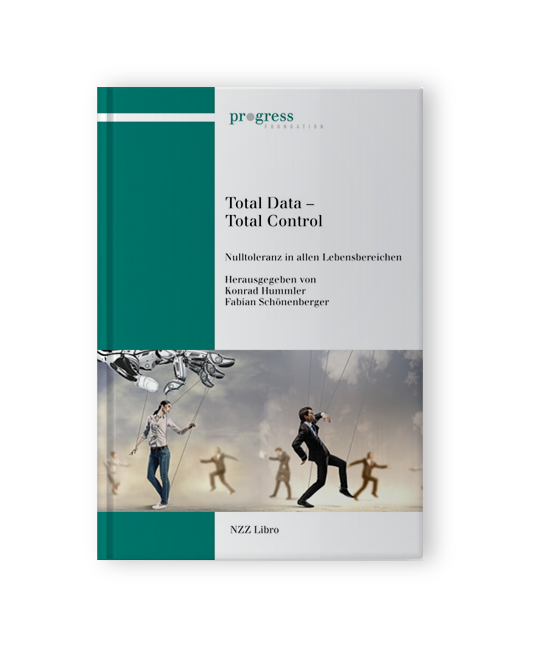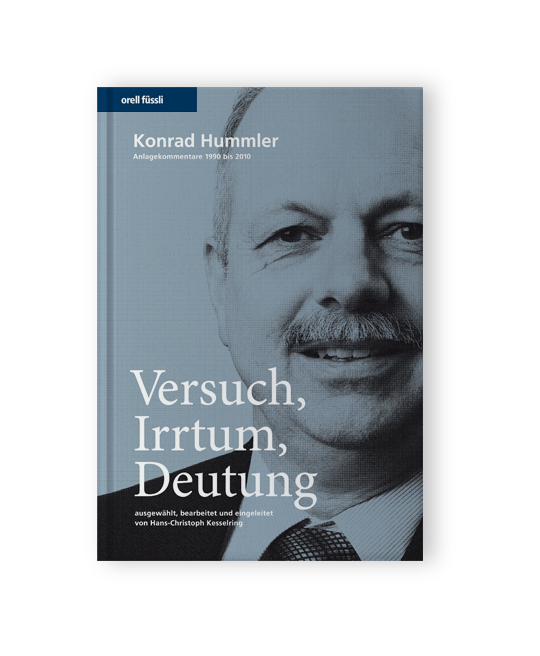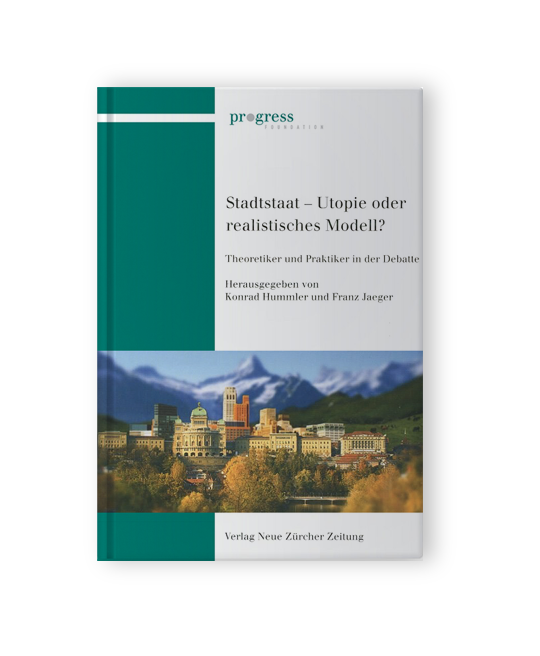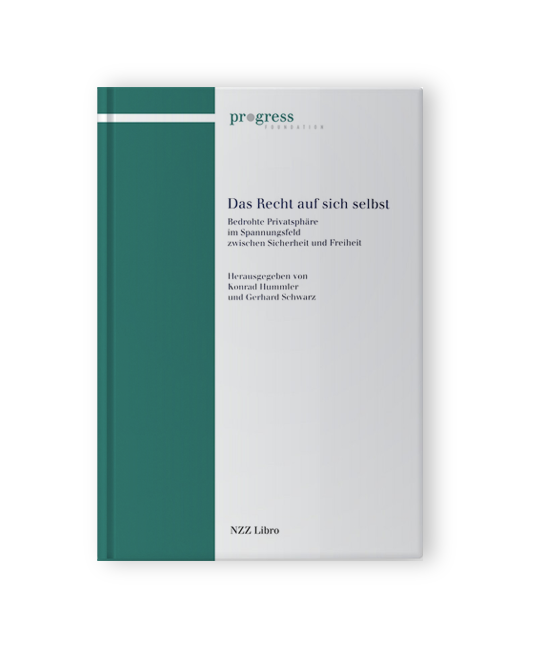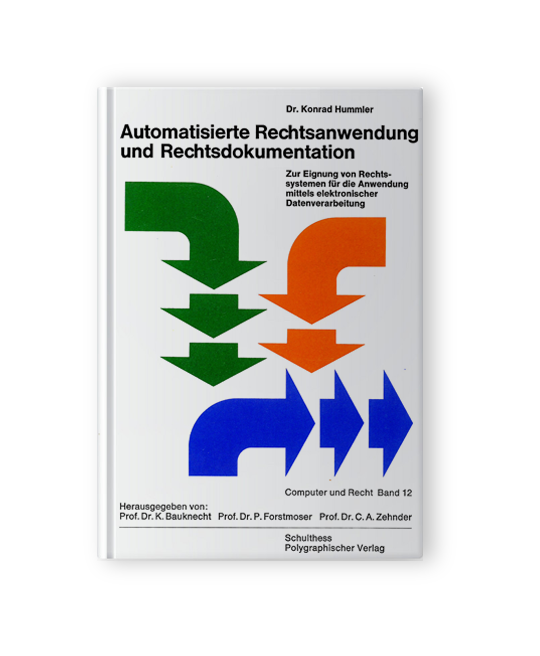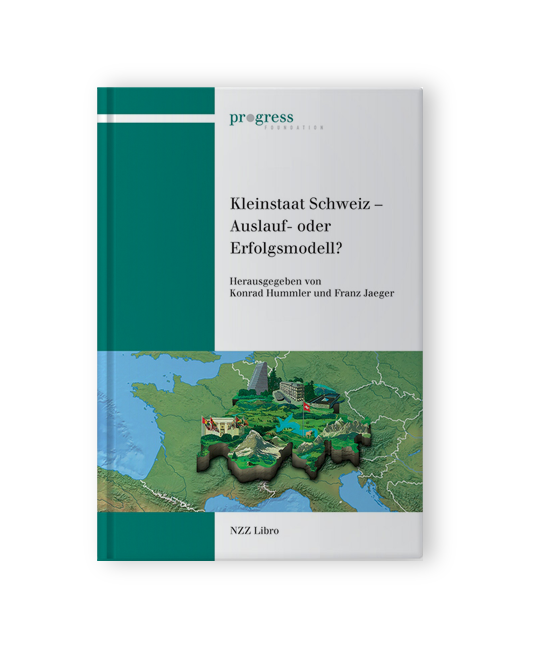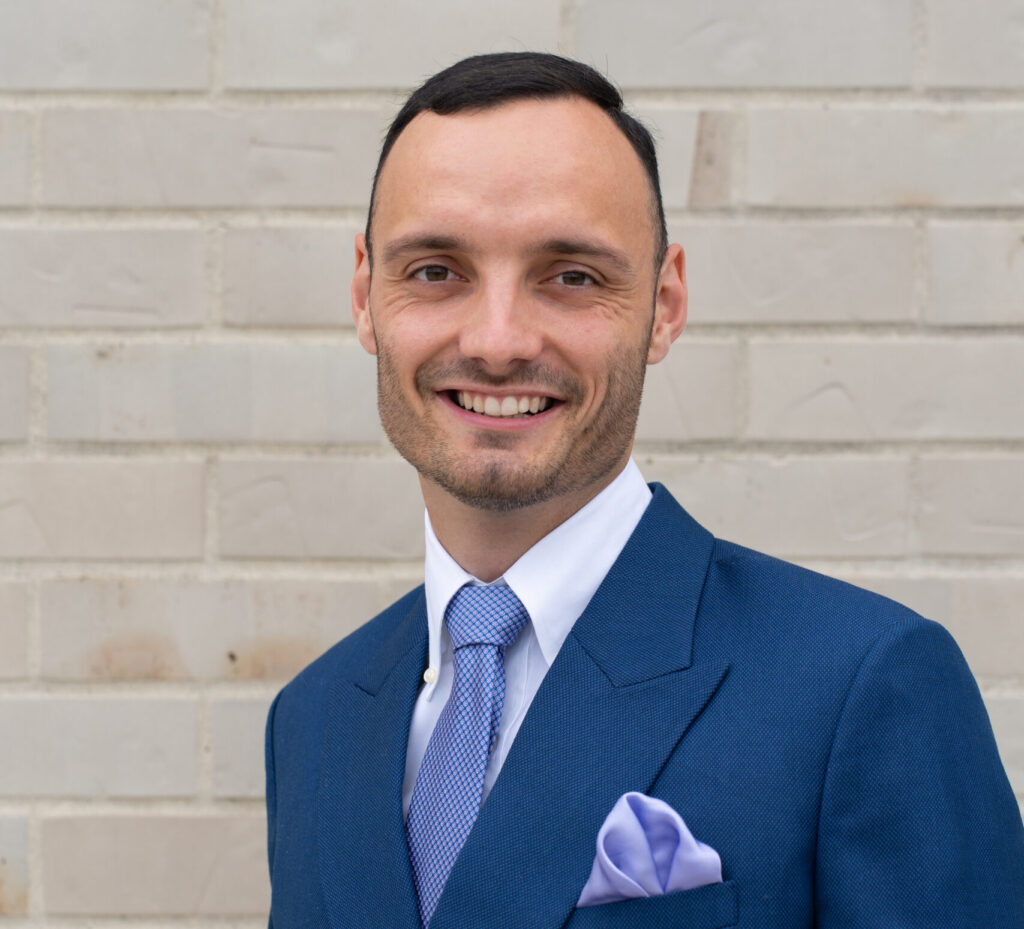Zur Eignung von Rechtssystemen für die Anwendung mittels elektronischer Datenverarbeitung
Auszug aus der Zusammenfassung:
«Als Ergebnis des zweiten Kapitels, in dem wir untersuchten, welche Bedingungen an ein Rechtssystem für die Automatisierung rechtlicher Entscheidungen gestellt werden, wiesen wir auf den prinzipiellen Unterschied ziwschen “gesetztem”, deterministischem, auf spezifische Zwecke und auf nach ihrer Art zum voraus als bekannt angenommener Fallkategorien ausgerichtetem Organisatonsrecht (“Thesis”) und einer “entstandenen”, in ihren spezifischen Auswirkungen unbekannten, übergeordneten Rechtsordnung (“Nomos”) hin. Die Automatisierung von rechtlichen Entscheidungen ist in der ersten Art von Recht unter bestimmten Voraussetzungen durchaus möglich, währenddem sie in der zweiten Art Recht keineswegs Platz greifen kann. Die Angst vor dem “Justizautomaten”, wie sie bei vielen Rechtsdenkern zum Ausdruck kommt, richtet sich deshalb nicht eigentlich gegen die Anwendung der EDV im Recht, sondern implizite gegen das Überhandnehmen deterministischer Rechtsformen allgemein. Wenn der Mensch vor einer “Technokratie” im Recht geschützt werden soll, so gälte es vor allem, der Ausbreitung des deterministischen Organisationsrechts den Riegel zu schieben, oder mit anderen Worten das Privatrecht (im weitesten Sinn) aufzuwerten.»
…
«Das elektronische Zeitalter ist im Recht zweifellos angebrochen. Dies stellt die juristische Profession und darüber hinaus jeden an rechtlichen Belangen interessierten Zeitgenossen vor neue Situationen. Es gilt nun einerseits, die durch die EDV gebotenen Chancen wahrzunehmen. Auf dokumentarischem Gebiet kann der Computer sehr viel mühselige Arbeit abnehmen, ja, er kann zu viel weitergehenden Dokumentierungsmöglichkeiten verhelfen, als sie dem Rechtsanwender bisher auf manuell-intelektuellem Wege zur Verfügung standen. Dies kann sicher zu einer besser dokumentierten Rechtsanwendung und mithin zu “besserem Recht” führen. Aber auch auf dem Gebiet der Automatisierung von rechtlichen Entscheidungen, wo diese einwandfrei Organisationsrecht betreffen, kann die EDV vielfältige Aufgaben erfüllen. Anderseits gilt es, angesichts des Überhandnehmens deterministischer Rechtsformen und der daraus resultierenden Technokratisierung des Rechts und des gesellschaftlichen Lebens, das Wesen einer offenen, unspezifischen, in ihrer Allgemeinheit gerechten Rechtsordnung und darüber hinaus den Wert einer freiheitlichen Ordnung überhaupt erneut in das juristische Denken einzubeziehen.»



